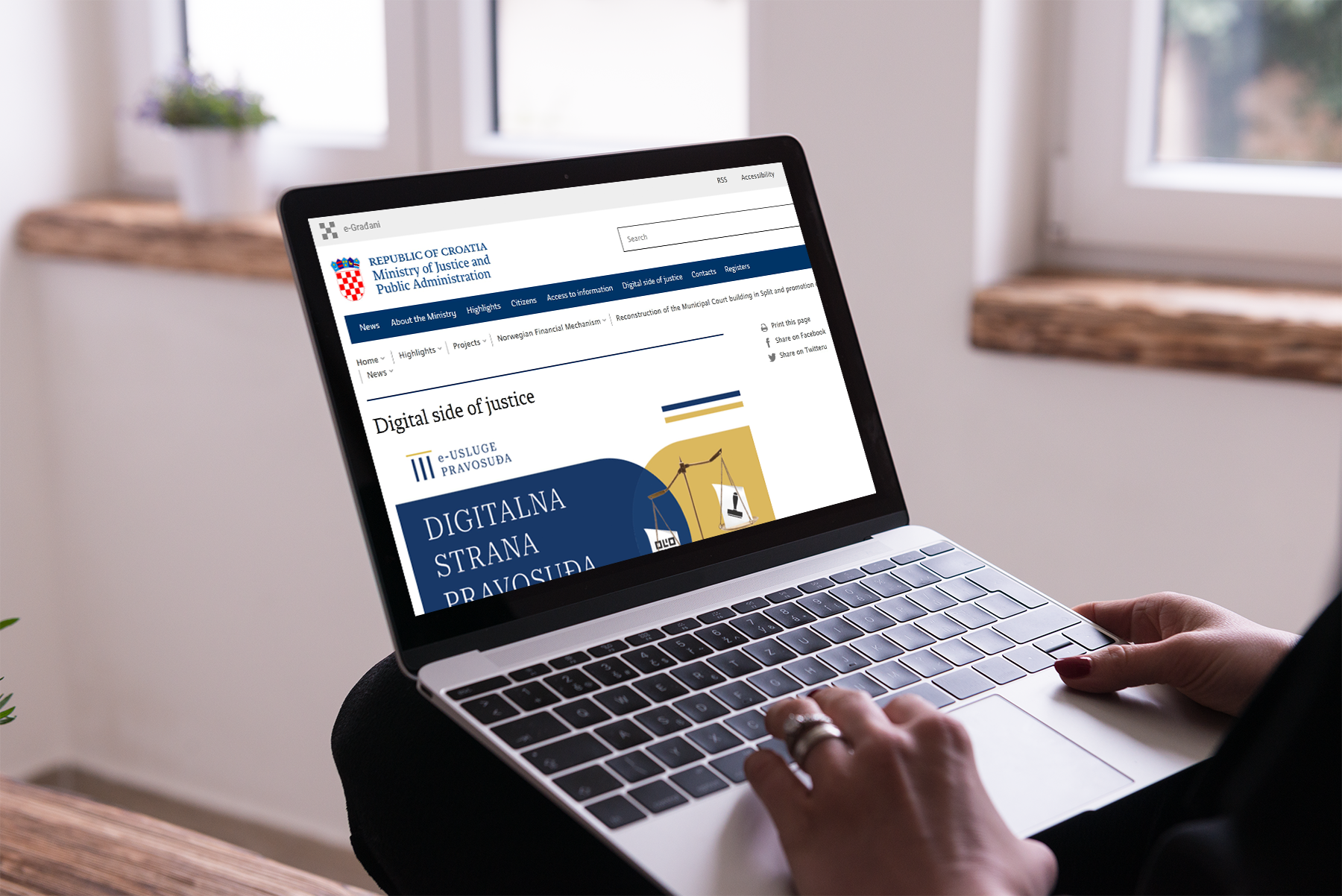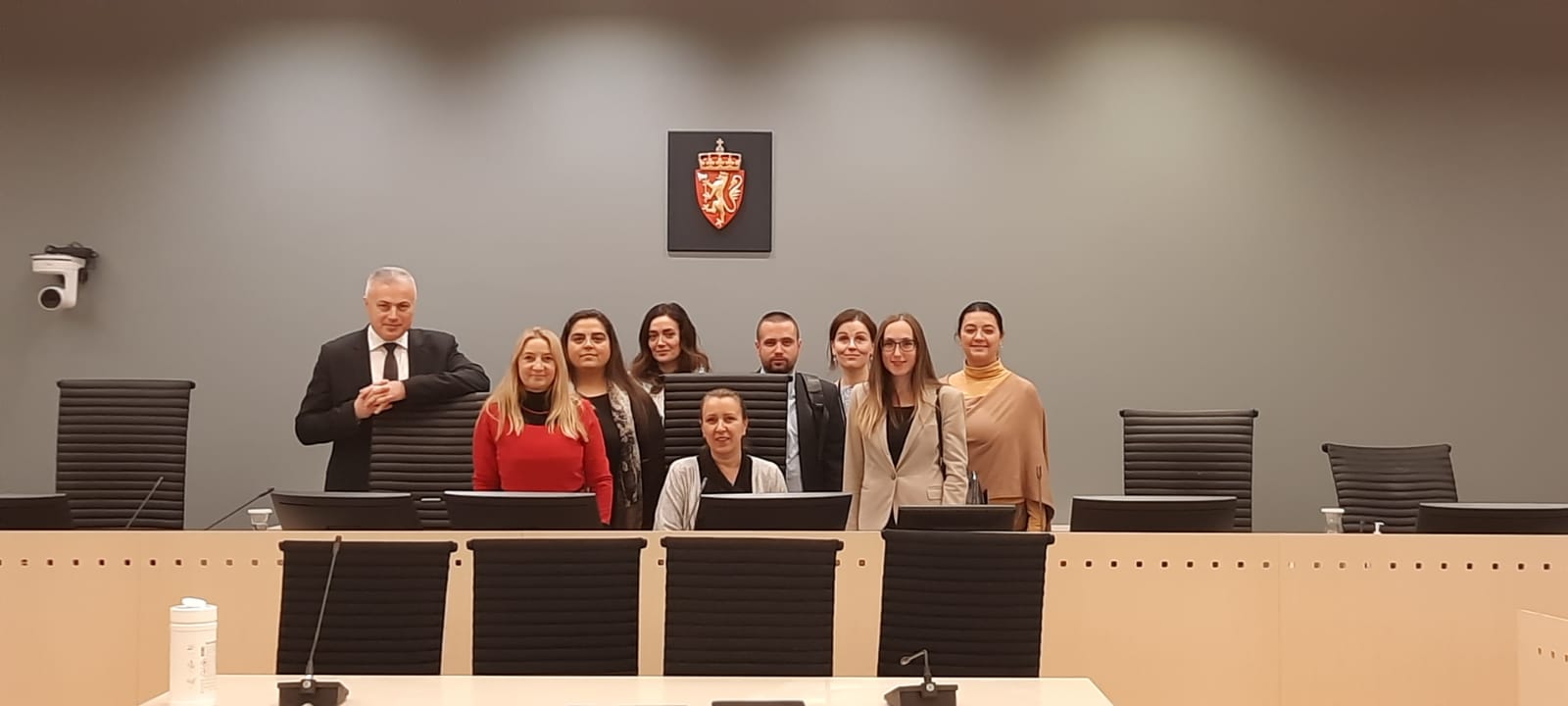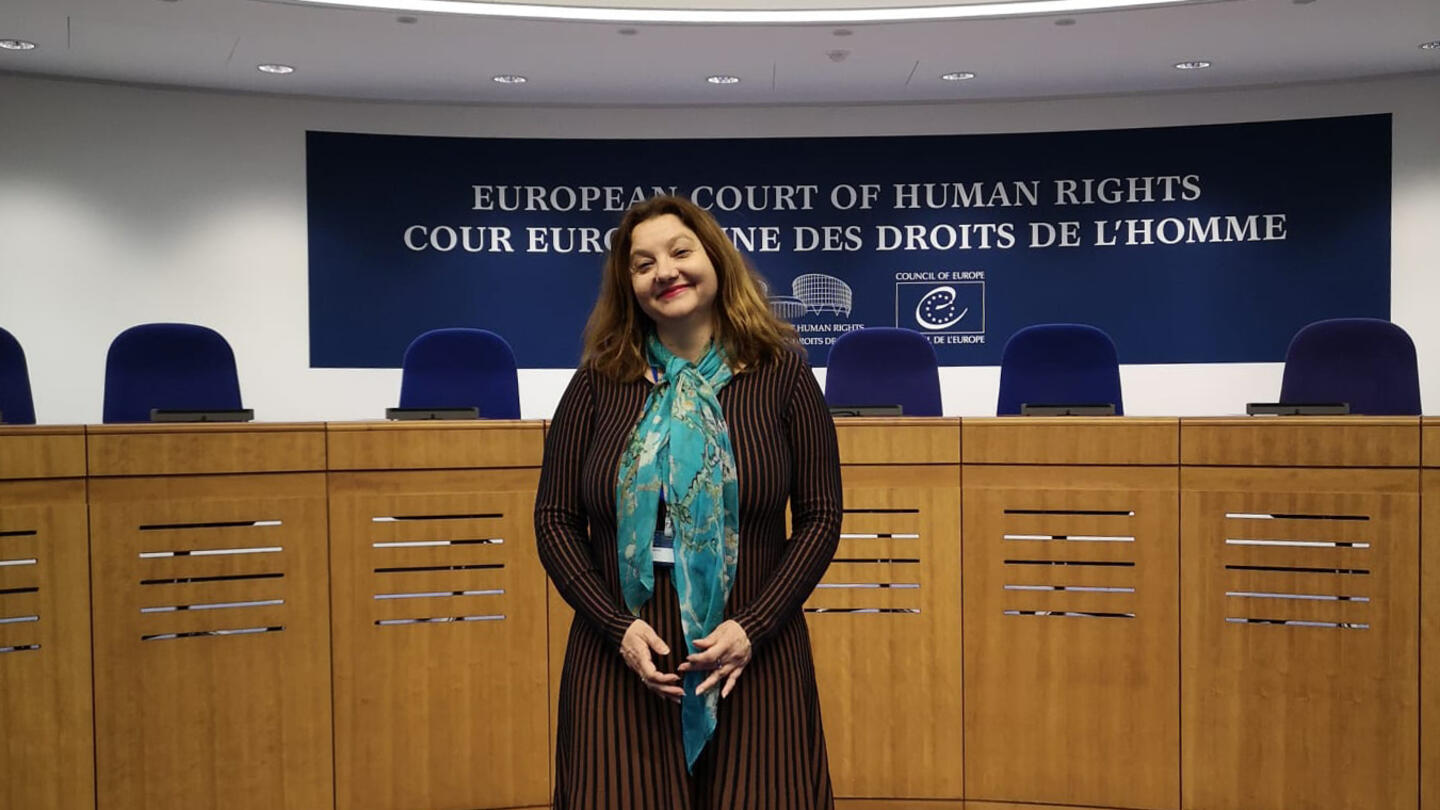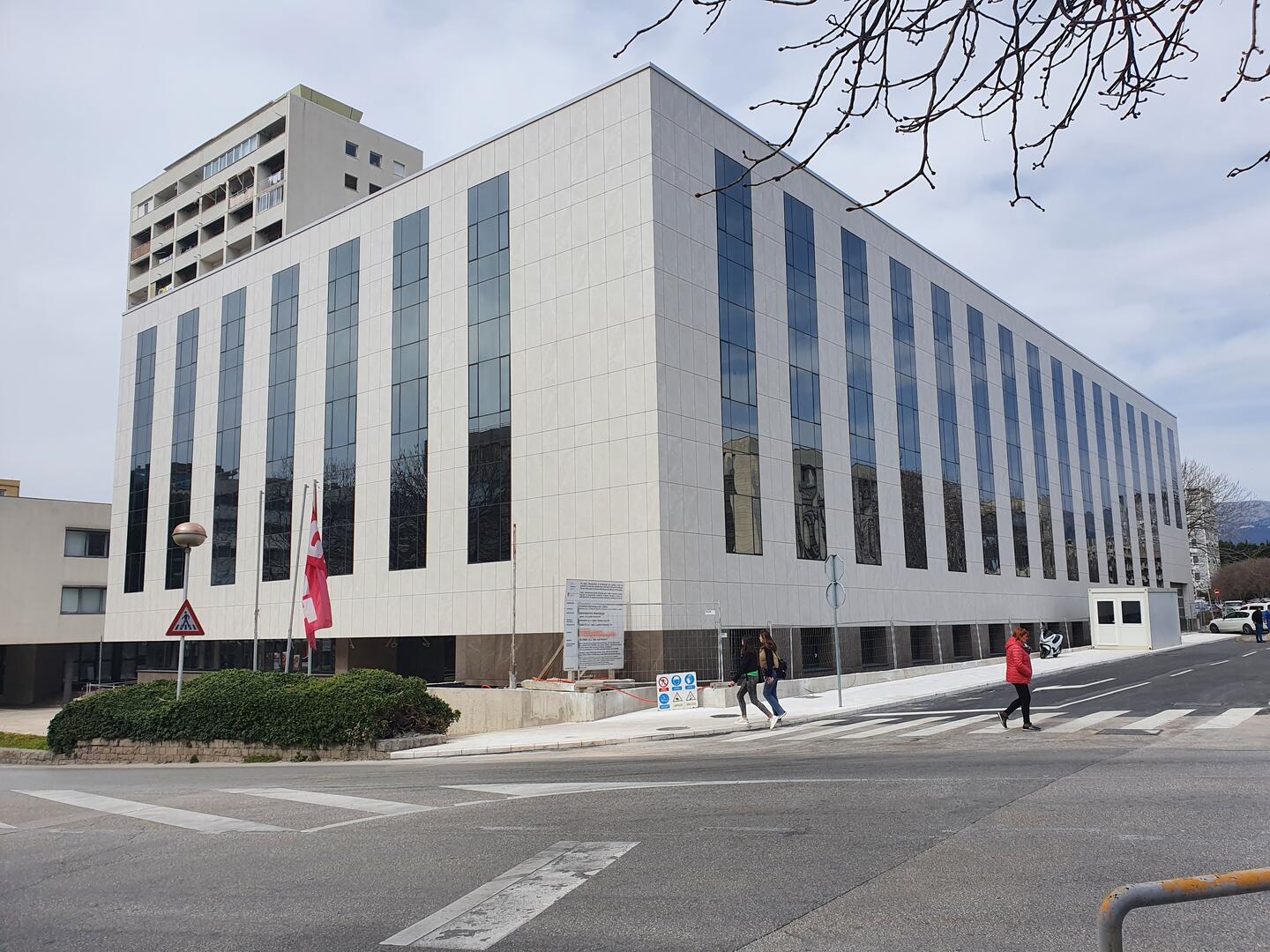For any system to reach its full potential, everything needs to work well and work well together. That’s the idea behind a unique project in Croatia, which is funded by the Norway Grants. It consists of a set of activities that boost different aspects of the judiciary in Croatia at the same time. A complete package of 'hard' and 'soft' measures to make the entire system more effective and efficient.
International connections for a strong rule of law
The project is part of a larger justice programme operated by the Ministry of Justice and Public Administration in Croatia (MoJPA), which aims to strengthen the rule of law in the country. Its activities include relocating the courthouse in Split, improving citizens’ accessibility to justice, and professional training for the judges.
But before we dive into them separately, it’s important to highlight the international set-up of the project – because the project is also part of a bilateral cooperation between Croatia and Norway. The underlying thought in this programme is that pooling skills, working together, supporting and learning from each other will help develop a strong and durable international relationship. That’s why the implementation of the project involves both Croatian teams and experts from the Norwegian Court Administration.
Laying the bricks: reconstructing the Municipal Court building
So, what do the components of the project actually look like? First, let’s talk about the ‘bricks’, the foundation. At this moment, the 89 judges, 41 court advisors and 331 civil servants and other employees of the judiciary are operating from two separate locations. It’s not hard to imagine that this has a serious impact on both the workflow and maintenance costs.
That’s why the first part of the project involves the relocation of the entire staff to one single location. To this end, an old department store in the centre of Split is being completely renovated and modernised. The cooperation with the Norwegian partners even enabled the addition of another floor, which means there is now more than enough space to house all employees – and their visitors. The high-quality working conditions will accelerate procedures and smoothen workflows, and increase the overall effectiveness of the judiciary.
Updating the system: increasing availability of judicial services
With the new building as a 'hardware upgrade', the courthouse could also use some new 'software'. The second component of the project is about improving and promoting digital court services, or e-services. Because they’re efficient, fast and paperless, e-services facilitate communication between citizens and judicial authorities, and can speed up the access to documents and data. It also reduces the workload of judicial bodies and enables them to address unresolved cases more efficiently.

Although the Croatian Ministry of Justice and Public Administration already provides several e-services, citizens rarely use them, and more could be aware of their availability. This was the conclusion of a survey among the citizens. Its results are used to discover how the e-services can be improved and developed, and promoted among the public.
“Improving the existing electronic services and implementing of new ones is an imperative for the Ministry of Justice and Public Administration, so the analyses and recommendations that we received from this project offer a significant contribution to our ability to answer to citizens' needs," says Ivan Malenica, Minister of Justice and Public Administration in Croatia.
Building on best practices: improving and promoting the use of e-services
In November 2021, the Croatian team visited the Norwegian Courts Administration, to exchange experiences in the implementation of e-services. The main topics of the study visit were digitalisation, simplification, innovation and de-identification of court decisions.

“The cooperation with the Norwegian Courts Administration was excellent. They shared their best practices and experiences with e-services and specifically the anonymisation of court decisions. Their reflections on the future and the possibilities of artificial intelligence will help the field of justice a lot.” – says Silvije Šeremet, Deputy Project Manager.
In June 2022, a promotional campaign was launched on TV and radio channels to introduce the e-services of the judiciary, especially e-communication. Since November 2022, the campaign ads have been running in the press, on the internet and in social media.
Continued optimisation: exchanging knowledge and expertise
The collaboration between countries not only supports the digitisation of court services. It also allows people from different areas to work together and learn from each other. This is the main pillar for the final component of the cooperation.
In 2020, 2021 and 2022, three Croatian judges were seconded at the European Court of Human Rights. The programme gave them access to the knowledge and skills they need to become trainers of the Judicial Academy themselves. One of the participants, Tamara Bogdanovic, told us about her experiences – as you can read in this article.

During the COVID pandemic, when in-person collaboration was impossible, the Norwegian Court Administration organised multiple online webinars for both Croatia and other beneficiary states. Their topics ranged from online hearings to simplified criminal procedures, to mention a few.
A framework for collaboration
Other activities within the Justice program also contribute to the cooperation between Norway and Croatia. For example, the Norway Grants also facilitates projects around topics such as probation, court annexed mediation and evaluation of judges. It proves to be an excellent way to strengthen relationships.
“All in all, the cooperation with our Croatian partners has been very good. The transfer of competence, expanding international networks and learning from different practices in specific issues, forms a clear added value for both the Norwegian and Croatian judiciary. We are very pleased that the Norway Grants gave us the opportunity to build and strengthen bilateral relations between our two countries,” says Zozan Kaya Asphaug, Norwegian Courts Administration (DA)

This article is part of the #OurStories campaign. The campaign looks at the vast variety of inspirational stories of projects and connections made possible through the EEA and Norway Grants. We will be sharing these stories on this website through articles and videos published on social media and Youtube. More importantly, #OurStories is a platform for the thousands of project participants who have in one way or the other been involved in projects made possible by the EEA and Norway Grants.
Follow us on social media(@EEANorwayGrants) to stay up-to-date on #OurStories and find more stories here.

